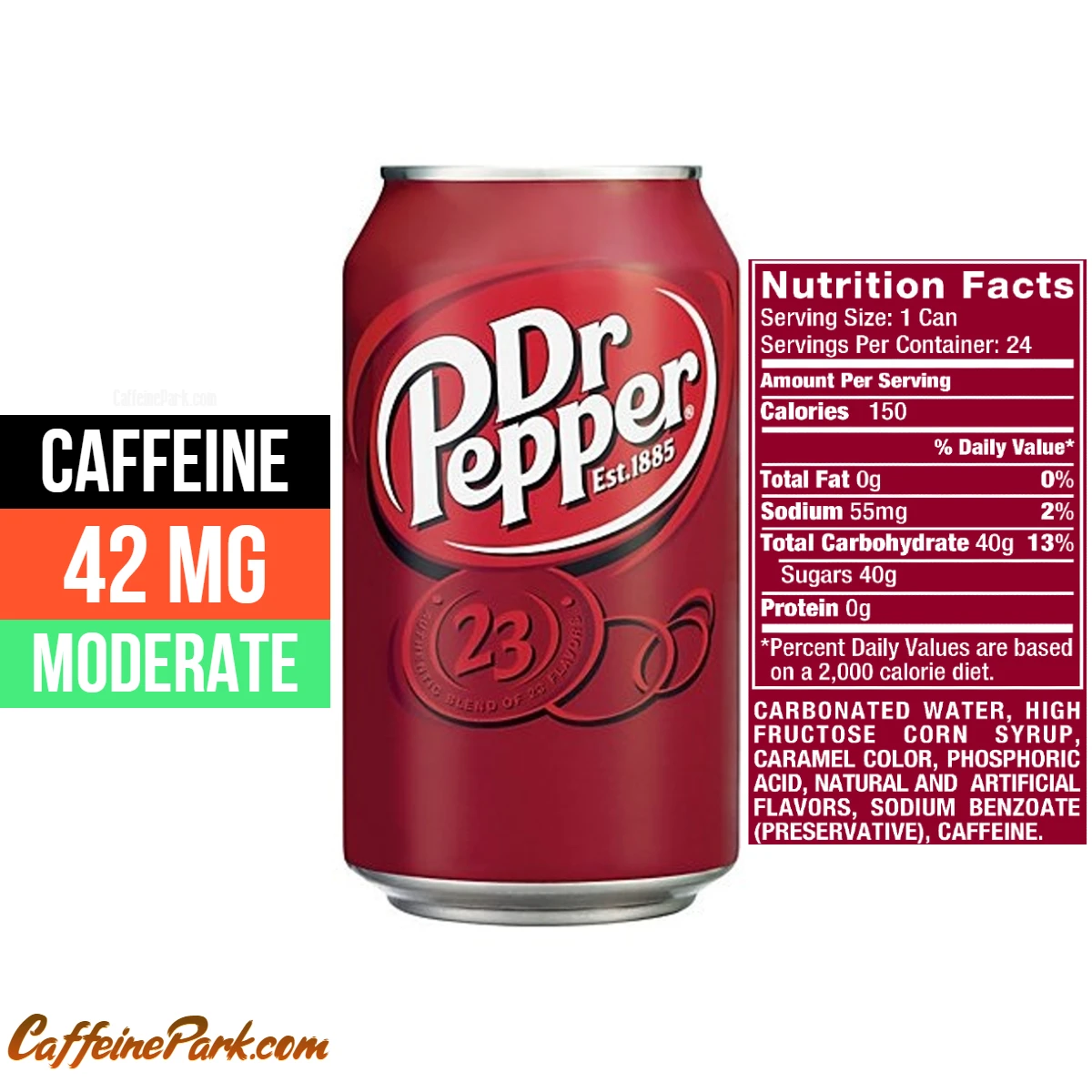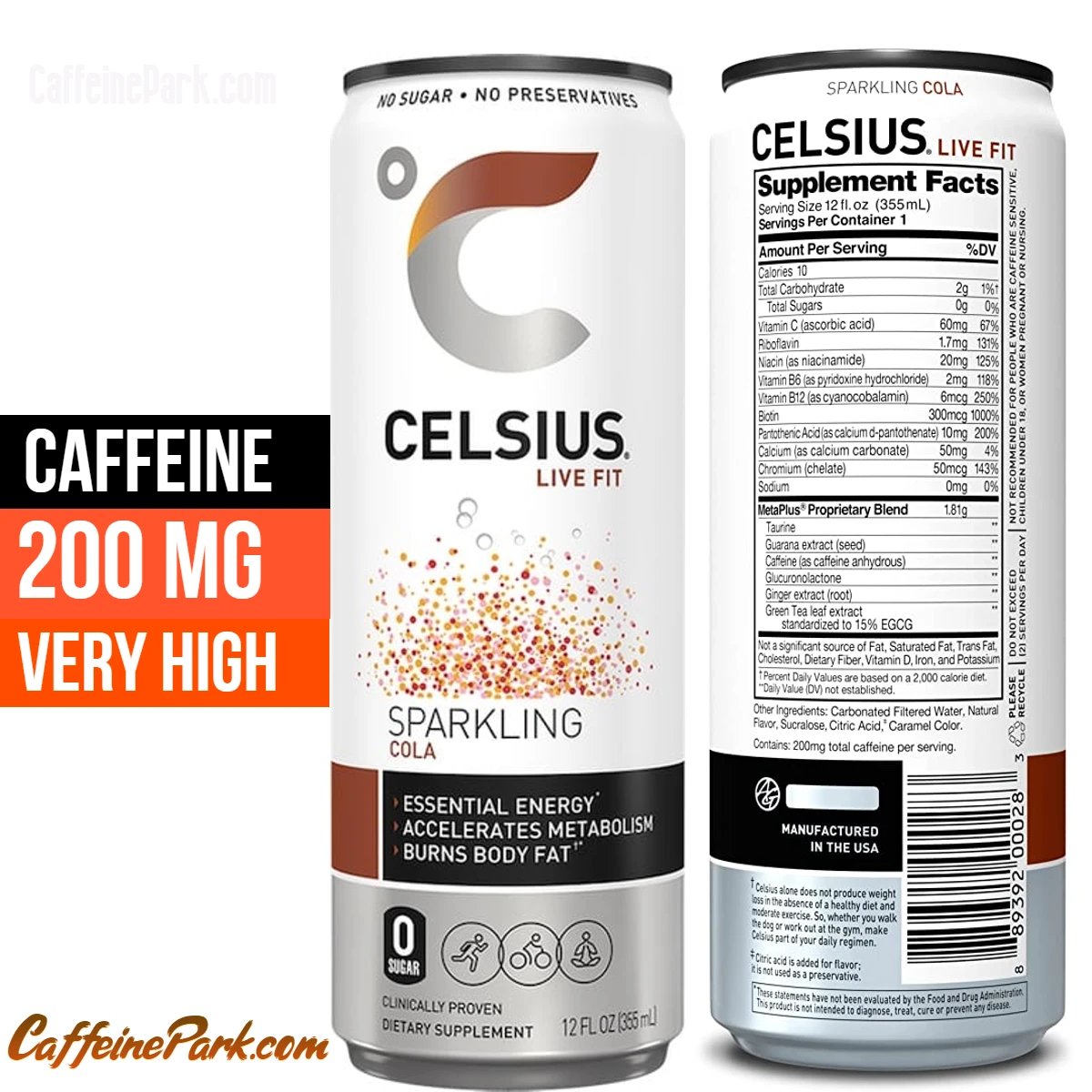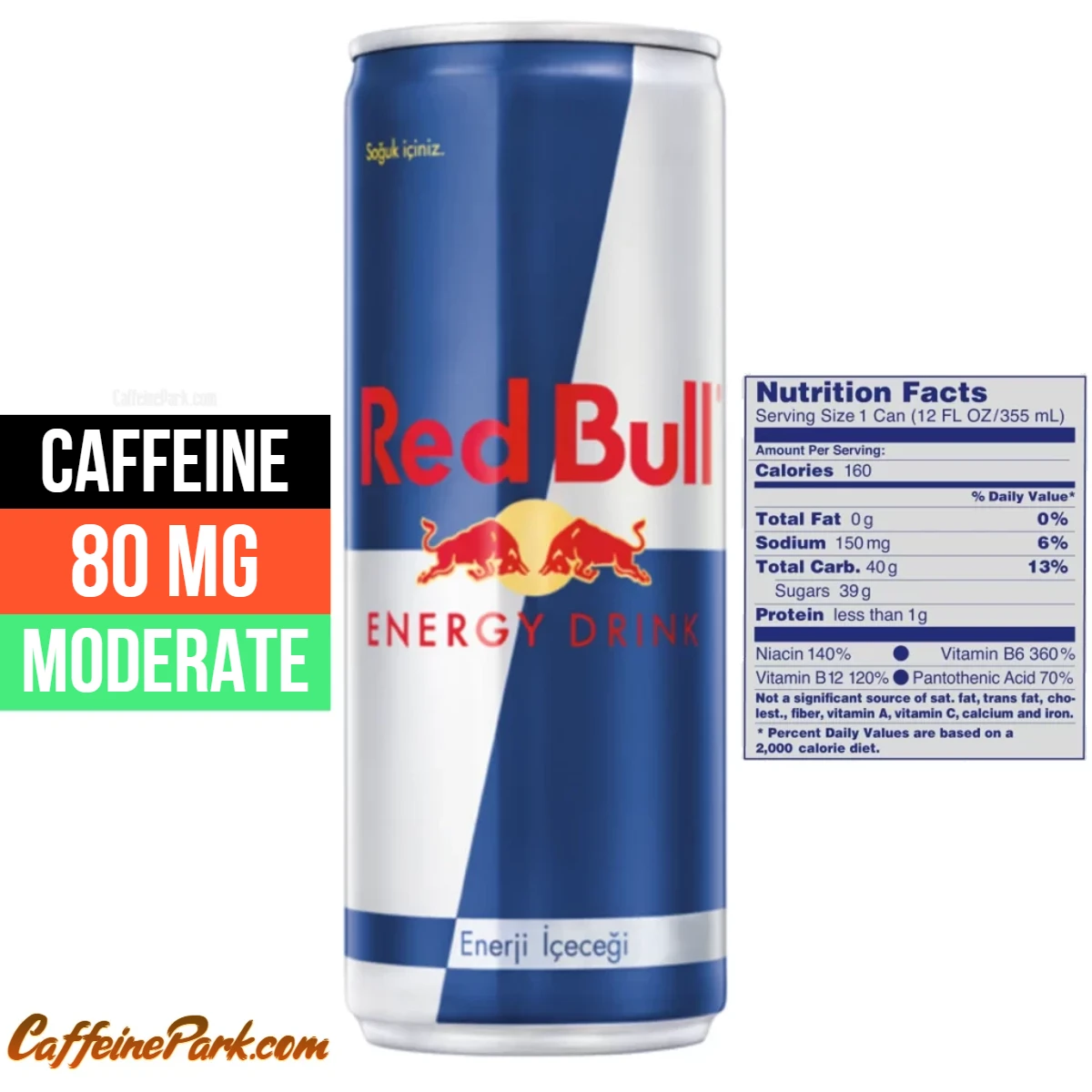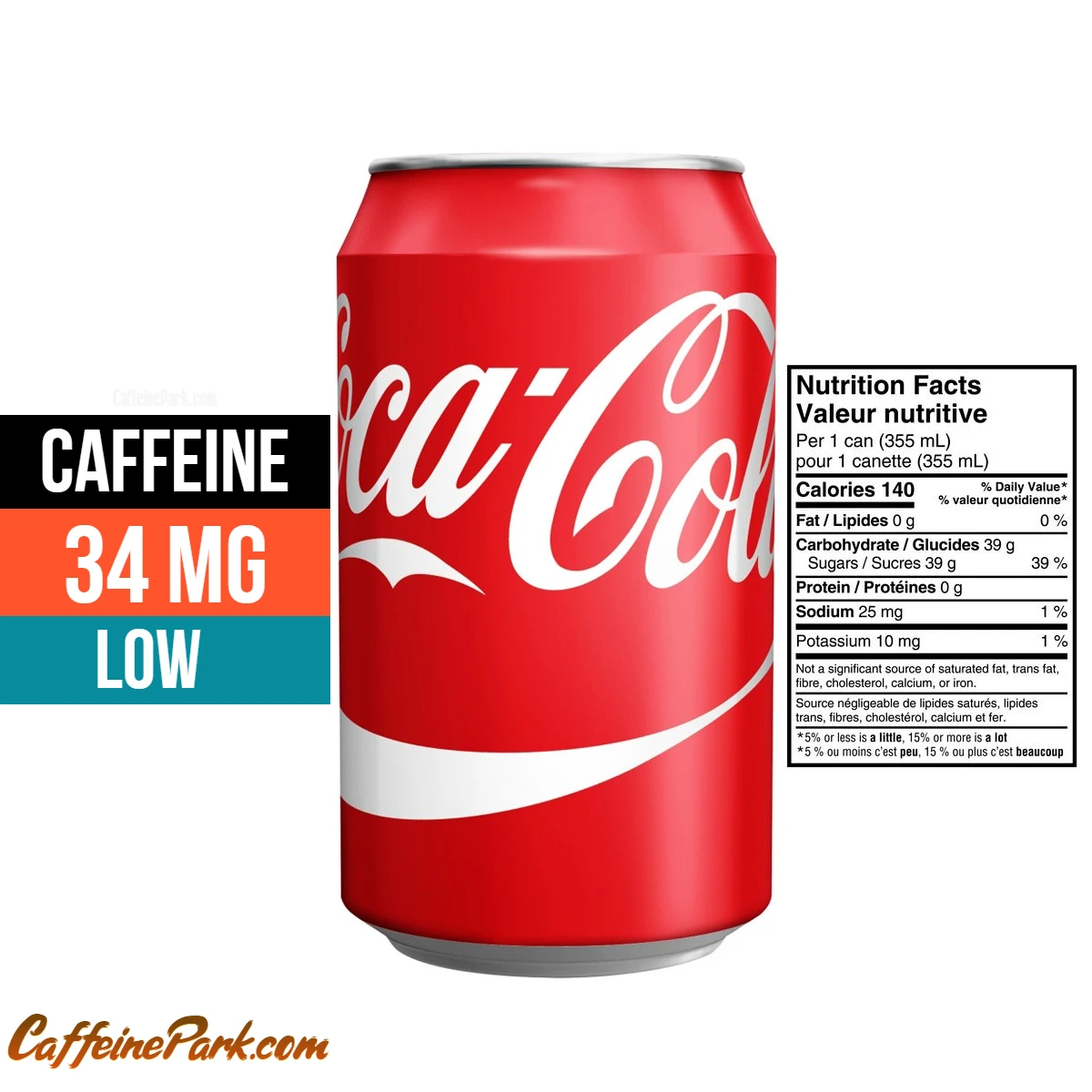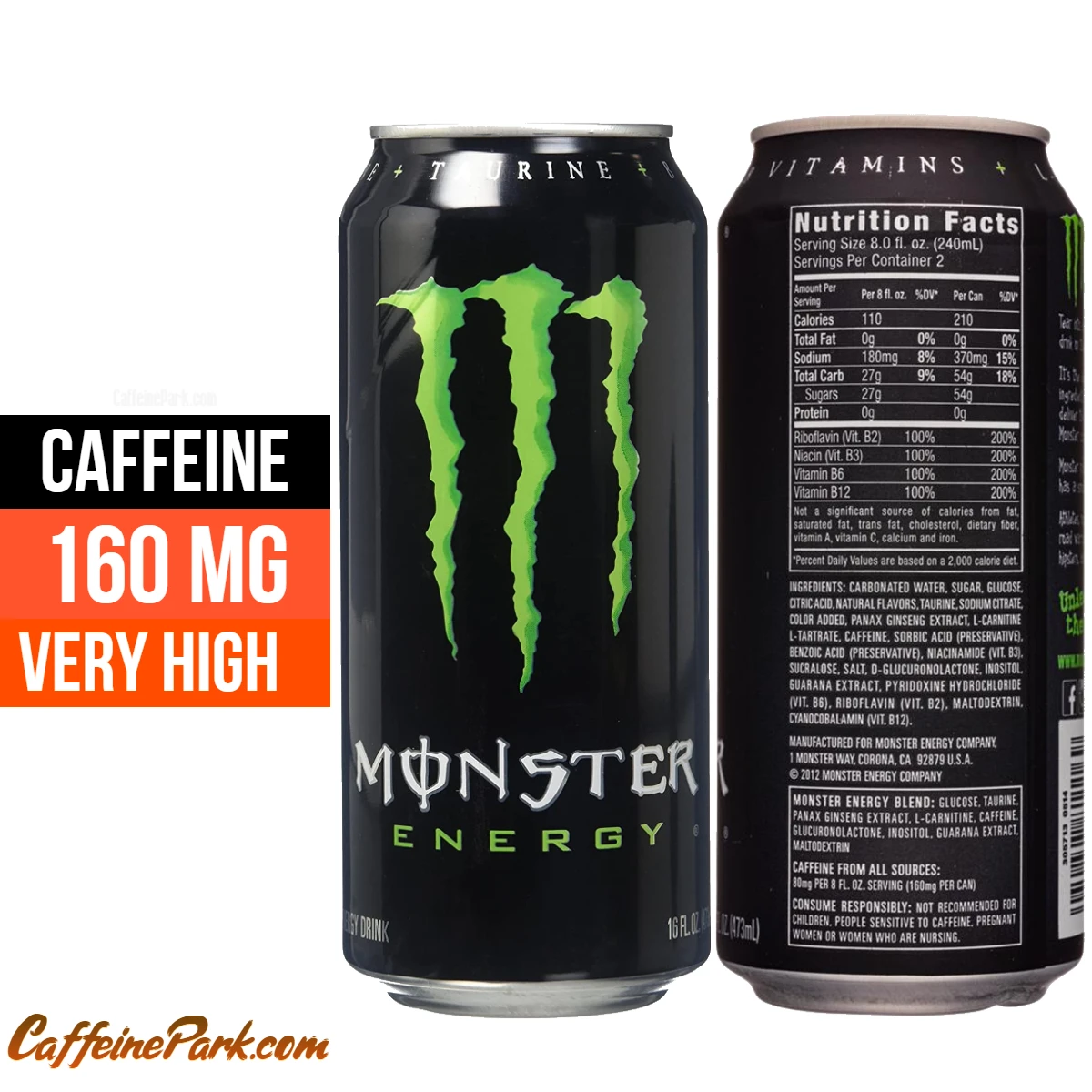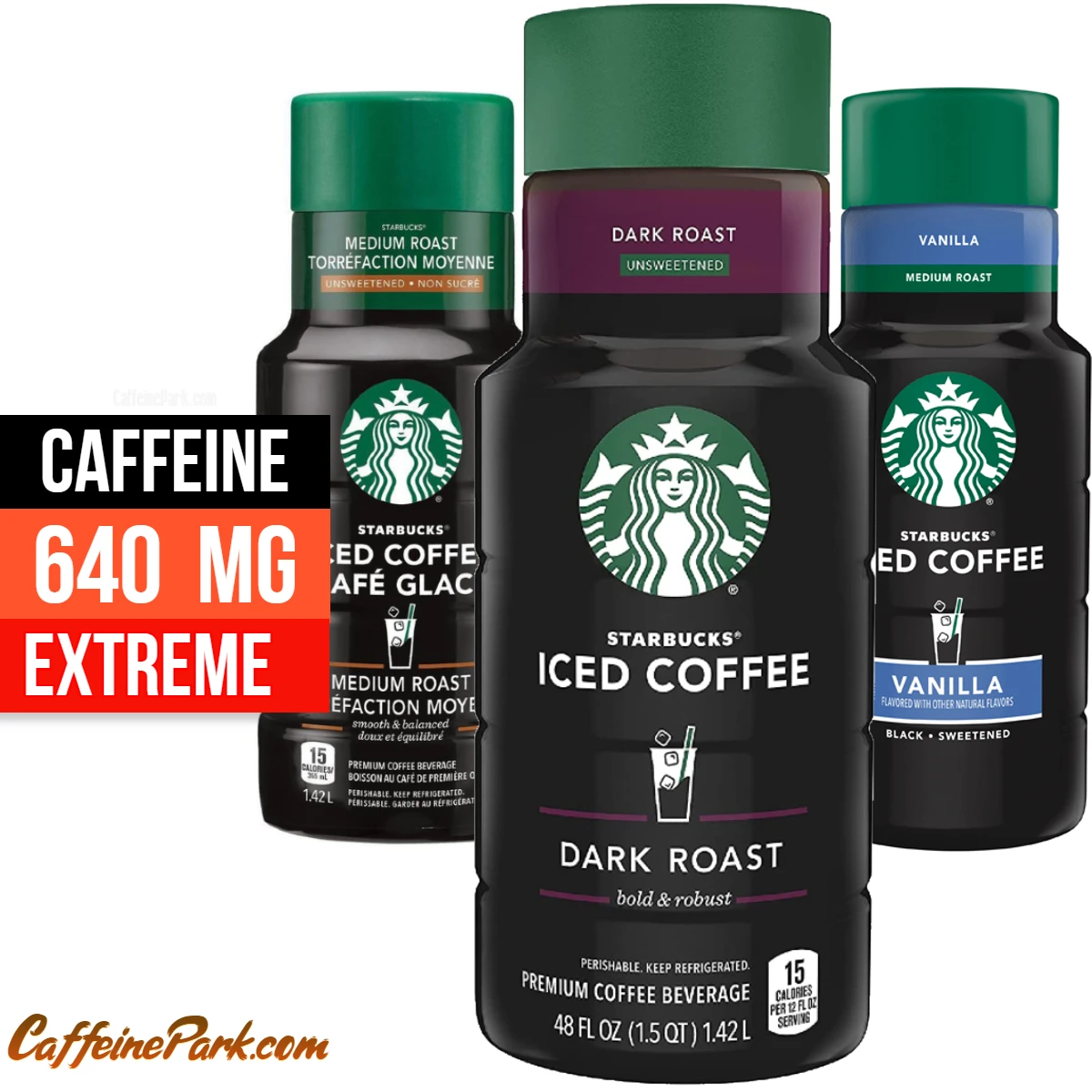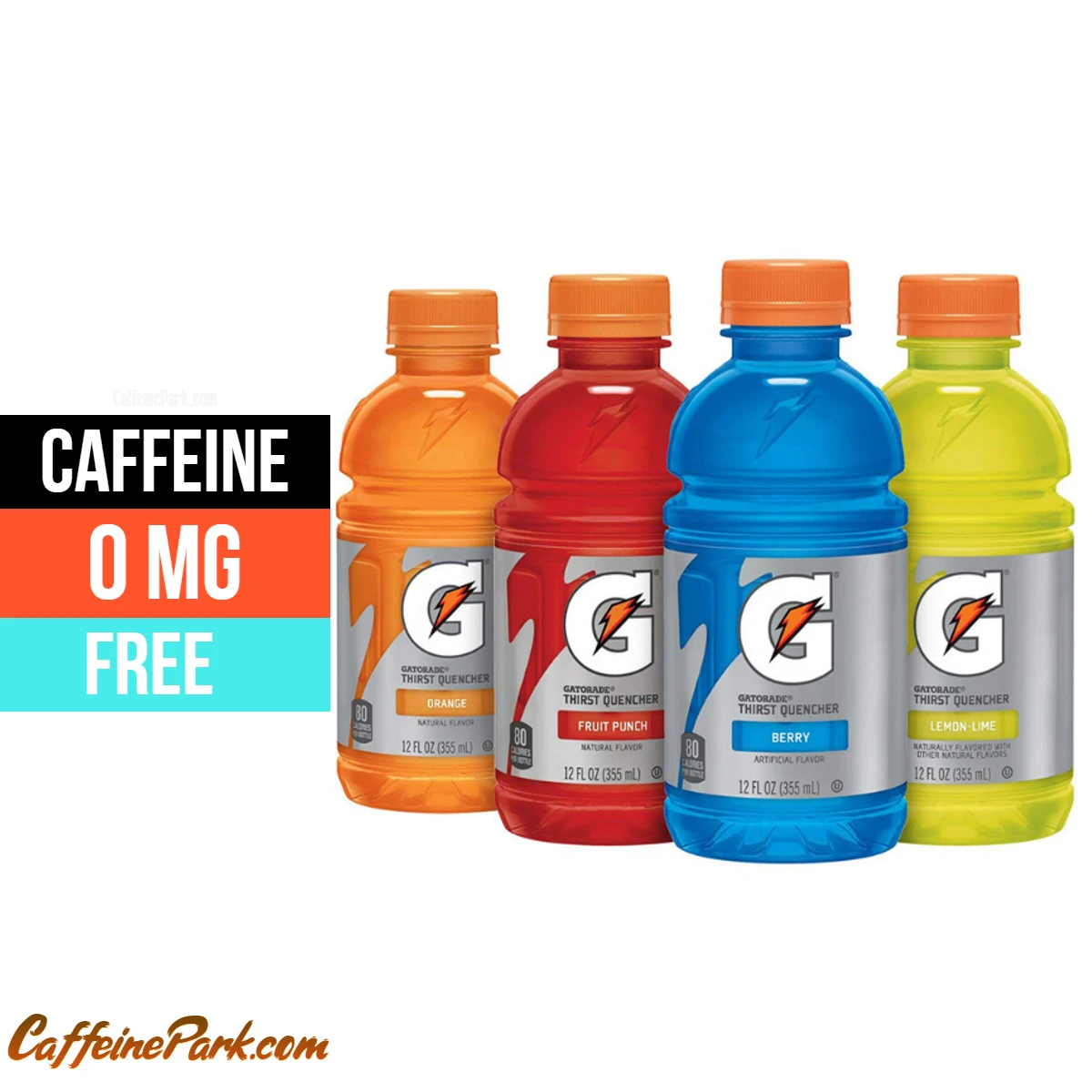
Gatorade is a sports-themed beverage and food product line manufactured by PepsiCo. It is designed to replenish the fluids and electrolytes lost during intense physical activity and contains a mixture of water, carbohydrates, and electrolytes. Gatorade is most commonly consumed in liquid form, but it is also available in powder mix and chewable tablet form. It is typically consumed before, during, and after exercise to help replenish fluids and electrolytes and maintain performance and recovery. There are also a number of alternatives to Gatorade available on the market, including Powerade, Lucozade, coconut water, and homemade sports drinks.
Gatorade is a sports drink that is primarily designed to provide hydration and electrolyte replenishment, it does not contain caffeine (caffeine-free) and it is not a good source of it. Drinking Gatorade in the evening should not affect your sleep. However, as you pointed out, Gatorade does contain sugar, and consuming it in large amounts can boost energy levels and it may not be suitable for people who are watching their sugar intake.
But the amount of caffeine in Gatorade varies depending on the specific product and flavor. Gatorade Energy Chews, for example, Gatorade Energy Drink contain 35 mg of caffeine per package, while Gatorade Zero Energy Drink contains 20mg of caffeine per 20 fl oz bottle. It’s always best to check the label or the product website for the most accurate information.
However, the brand does offer a separate product called BOLT24, which does contain caffeine. The caffeine content of BOLT24 varies depending on the specific product and serving size, but it is generally around 70-80 mg per 20 fl oz serving.
Does Gatorade have caffeine?
No, Gatorade does not currently contain caffeine (Caffeine-Free) in its original formula. However, the brand does offer caffeinated products. For Ex. Gatorade Energy Drink contain 35 mg and Gatorade Zero Energy Drink contains 20mg of caffeine per bottle.
| Serving size | Caffeine Amount | Caffeine strength |
|---|---|---|
| 591ml | 0 mg | CAFFEINE FREE |
- Caffeine Amount: 0 mg
- Caffeine strength: CAFFEINE FREE
- Calories: 140
- Serving size: 591ml
- Sugar: 34 grams
- Sodium: 270mg
- Potassium: 80mg
Ingredients in Gatorade
- Water
- Sugar
- Dextrose
- Citric Acid
- Salt
- Sodium Citrate
- Monopotassium Phosphate
- Gum Arabic
- Natural Flavor
- Sucrose Acetate Isobutyrate
- Glycerol Ester of Rosin
- color
Review
Gatorade is a brand of sports-themed beverages and food products, built around its signature line of sports drinks. Gatorade is currently manufactured by PepsiCo and is distributed in over 80 countries. The drink was first developed in 1965 by a team of scientists at the University of Florida, including Robert Cade, Dana Shires, Harry James Free, and Alejandro de Quesada.
Gatorade is designed to replenish the fluids and electrolytes that athletes lose during intense physical activity. It contains a mixture of water, carbohydrates in the form of sugar and fructose, and electrolytes such as sodium and potassium. The original Gatorade formula also included small amounts of vitamins B and C.
The drink is most commonly consumed in liquid form, but it is also available in powder mix and chewable tablet form. It comes in a variety of flavors, including lemon-lime, orange, and fruit punch.
History
Gatorade was first developed in 1965 by a team of scientists at the University of Florida College of Medicine, including Robert Cade, Dana Shires, Harry James Free, and Alejandro de Quesada. The team was commissioned by the university’s football head coach, Ray Graves, to come up with a beverage that would help his players replace the fluids and electrolytes they lost during games and practices in the hot Florida weather.
The original Gatorade formula was based on the observation that sweat contains electrolytes such as sodium and potassium, which are lost during physical activity. The scientists formulated a drink that would replenish these electrolytes and provide a source of carbohydrates for energy.
The first batch of Gatorade was made in Cade’s laboratory using a mix of water, sugar, and electrolytes. The drink was tested on the university’s football players and was found to be effective in helping them rehydrate and maintain their energy levels during practices and games.
Gatorade was first made available to the public in 1967 and quickly gained popularity among athletes and non-athletes alike. In 1983, the Quaker Oats Company acquired the Gatorade brand and began expanding the product line to include a variety of sports-themed food and beverage products. In 2001, PepsiCo acquired Quaker Oats and now manufactures and distributes Gatorade products.
Taste
Gatorade is available in a variety of flavors, including lemon-lime, orange, and fruit punch. The specific flavors available may vary depending on the region and the specific product line.
Gatorade has a slightly sweet, fruity taste and is typically consumed cold. Some people may find the taste to be too sweet or artificial, while others may enjoy the flavor. Taste is a subjective preference, and what one person may find enjoyable may not be the same for another person.
It is also worth noting that the taste of Gatorade may vary slightly depending on the specific flavor and product line. For example, Gatorade Thirst Quencher and Gatorade Fierce Thirst Quencher may have slightly different flavor profiles.
If you are unsure whether you will enjoy the taste of Gatorade, it may be helpful to try a small serving size or sample a variety of flavors to determine which one you prefer.
Benefits of Gatorade
Gatorade is designed to replenish the fluids and electrolytes that are lost during intense physical activity. The drink contains a mixture of water, carbohydrates, and electrolytes, which can help athletes maintain their hydration and energy levels during prolonged exercise.
Some of the specific benefits of Gatorade include:
- Hydration: Gatorade contains water, which can help to rehydrate the body and prevent dehydration. Dehydration can lead to a range of negative health effects, including muscle cramps, fatigue, and dizziness.
- Electrolyte replacement: Gatorade contains electrolytes such as sodium and potassium, which are important for maintaining proper fluid balance in the body. These electrolytes are lost through sweat during exercise, and replacing them can help to prevent cramping and other issues related to electrolyte imbalances.
- Carbohydrate replacement: Gatorade contains carbohydrates in the form of sugar and fructose, which can help to provide a source of energy during exercise. Carbohydrates are an important fuel source for the body, and consuming them during prolonged exercise can help to maintain endurance and performance.
How to Use
Gatorade is most commonly consumed in liquid form, but it is also available in powder mix and chewable tablet form. It is typically consumed before, during, and after exercise to help replenish fluids and electrolytes lost through sweat.
It is recommended to drink Gatorade before exercise to help ensure proper hydration and energy levels. During exercise, it is important to continue replenishing fluids and electrolytes lost through sweat to maintain performance and prevent dehydration. After exercise, it is important to rehydrate and replenish electrolytes to help the body recover.
Gatorade should be consumed in addition to, not in place of, water. It is important to also drink plenty of water to stay hydrated, especially in hot or humid conditions.
It is also important to pay attention to the serving size and recommended daily intake of Gatorade, as consuming too much can lead to an excess of sugar and calories. It is generally recommended to stick to the recommended serving size and not exceed the recommended daily intake of sugar.
Alternatives
While Gatorade is a popular choice for sports drinks, there are also a number of alternatives available on the market. Some alternatives to Gatorade include:
- Powerade: Another sports drink brand, manufactured by The Coca-Cola Company. Like Gatorade, Powerade contains a mixture of water, carbohydrates, and electrolytes.
- Lucozade: A sports drink brand developed in the United Kingdom, now owned by Suntory Beverage & Food Europe. Lucozade contains a mix of water, carbohydrates, and electrolytes, as well as vitamin B.
- Coconut water: A naturally occurring, low-calorie sports drink that contains electrolytes, including potassium and magnesium. Coconut water is also a good source of hydration and can be a lower-sugar alternative to traditional sports drinks.
- Homemade sports drinks: It is also possible to make your own sports drink at home using a mixture of water, electrolytes, and carbohydrates. This can be a good option for those who want to have more control over the ingredients and sugar content of their sports drink.
FAQs
No, the original Gatorade formula is caffeine-free.
Yes, Gatorade offers caffeinated products such as Gatorade Energy Drink and Gatorade Zero Energy Drink.
Gatorade Energy Drink contains 35 mg of caffeine per bottle.
Gatorade Zero Energy Drink contains 20 mg of caffeine per bottle.
Yes, caffeine is a mild stimulant and can provide an energy boost. Gatorade Energy Drink and Gatorade Zero Energy Drink with caffeine are specifically formulated to provide that extra energy.
Caffeine-free Gatorade remains a suitable option for hydration during physical activities. The decision to choose caffeinated or caffeine-free Gatorade depends on personal preference and individual tolerance to caffeine.
Caffeine can improve focus and alertness, making it potentially beneficial for athletes and individuals looking for an energy boost during workouts or physical activities.
Caffeine affects individuals differently, and some people may experience side effects such as jitters, increased heart rate, or difficulty sleeping if consumed in excessive amounts. It’s important to consume caffeine in moderation and be aware of your body’s tolerance.
No, Gatorade without caffeine can still provide hydration and replenish electrolytes effectively. Whether to consume Gatorade with or without caffeine depends on personal preference and individual needs.
It is generally recommended to avoid giving caffeinated beverages to children, including Gatorade Energy Drink. It is advisable to consult a healthcare professional regarding suitable hydration options for children.
What is Gatorade?
Gatorade is a brand of sports-themed beverages and food products, built around its signature line of sports drinks. It is designed to replenish the fluids and electrolytes that are lost during intense physical activity. Gatorade contains a mixture of water, carbohydrates, and electrolytes and is available in a variety of flavors.
Is Gatorade good for you?
Gatorade can be a useful tool for replenishing fluids and electrolytes lost during exercise, and it can help to maintain hydration and energy levels. However, it is important to pay attention to the serving size and recommended daily intake of Gatorade, as consuming too much can lead to an excess of sugar and calories. It is also important to note that Gatorade should be consumed in addition to, not in place of, water.
Can Gatorade help with hydration?
Gatorade can help with hydration as it contains water, which can help to rehydrate the body and prevent dehydration. Dehydration can lead to a range of negative health effects, including muscle cramps, fatigue, and dizziness. However, it is important to note that Gatorade should be consumed in addition to, not in place of, water.
Are there any alternatives to Gatorade?
There are a number of alternatives to Gatorade available on the market, including Powerade, Lucozade, coconut water, and homemade sports drinks. It is important to consider the specific needs and preferences of the individual when choosing a sports drink.
What does Gatorade do to your body?
Gatorade is a sports drink designed to help athletes push themselves harder and recover quicker. Sports drinks are designed to replace the electrolytes lost during exercise. Carbohydrates are added to give you an extra boost of energy. These two factors keep you hydrated and energized throughout your workout. You may also find other benefits like improving recovery after workouts, reducing muscle soreness, and providing protection against heat illness.
Gatorades contain several substances, including glucose, sodium, potassium, magnesium, calcium, and vitamins A, B6, C, D, E, and K. These ingredients help the body absorb water and electrolytes. Gatorade is also formulated to provide energy when the athlete needs it, and it contains carbohydrates, which increase blood sugar levels. Gatorade is available in many different flavors.
What are the ingredients in Gatorade?
The ingredients in Gatorade vary depending on the specific product and flavor, but common ingredients include water, sugar, fructose, citric acid, natural flavor, salt, sodium citrate, monopotassium phosphate, and modified food starch. Some flavors of Gatorade may also contain additional ingredients, such as artificial colors and preservatives.
Is Gatorade vegan?
Some flavors of Gatorade are suitable for vegans, while others are not. It is important to check the label of the specific product to determine whether it is suitable for a vegan diet.
Is Gatorade gluten-free?
Most flavors of Gatorade are gluten-free, but it is important to check the label of the specific product to confirm.
Can I drink Gatorade while pregnant or breastfeeding?
It is generally considered safe to consume Gatorade while pregnant or breastfeeding, as long as it is consumed in moderation and as part of a balanced diet. However, it is always a good idea to consult with a healthcare professional before making any significant changes to your diet.
How should I store Gatorade?
Gatorade should be stored in a cool, dry place. It is generally recommended to store Gatorade in the pantry or cupboard, rather than in the refrigerator or freezer. It is also important to store Gatorade in its original container and to close the lid tightly to prevent contamination.
Can I freeze Gatorade?
Gatorade can be frozen, but it is not recommended as it may alter the taste and texture of the drink. Freezing Gatorade can cause the liquid to expand, which may cause the container to burst or become damaged. It is generally recommended to store Gatorade in a cool, dry place, rather than in the freezer.
Read More:
Contents
- Does Gatorade have caffeine?
- Ingredients in Gatorade
- Review
- FAQs
- What is Gatorade?
- Is Gatorade good for you?
- Can Gatorade help with hydration?
- Are there any alternatives to Gatorade?
- What does Gatorade do to your body?
- What are the ingredients in Gatorade?
- Is Gatorade vegan?
- Is Gatorade gluten-free?
- Can I drink Gatorade while pregnant or breastfeeding?
- How should I store Gatorade?
- Can I freeze Gatorade?
